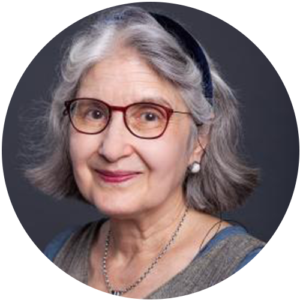
LORRAINE DASTON
Director, Max Planck Institute for the History of Science
Visiting Professor of Social Thought and History, University of Chicago
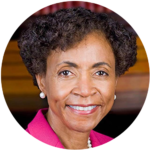
BERNADETTE GRAY-LITTLE, CO-CHAIR
Chancellor Emerita, The University of Kansas
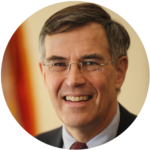
RUSH HOLT
Chief Executive Officer of the American Association for the Advancement of Science
Former US Representative
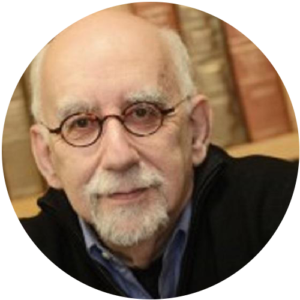
IRA KATZNELSON, CO-CHAIR
Ruggles Professor of Political Science and History, Columbia University
Former President, SSRC

GARY KING
Weatherhead University Professor and Director of the Institute for Quantitative Social Science, Harvard University
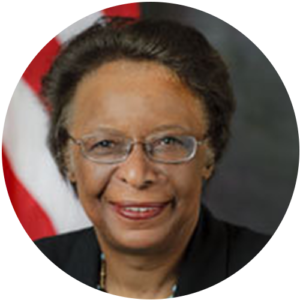
CORA B. MARRETT
Professor Emerita of Sociology, University of Wisconsin–Madison
Former Deputy Director, National Science Foundation
Former Board member, SSRC
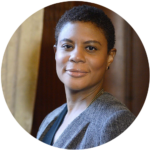
ALONDRA NELSON, EX-OFFICIO
President, Social Science Research Council
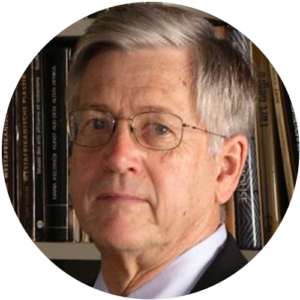
KENNETH PREWITT
Carnegie Professor of Public Affairs and Advisor to the President, Columbia University
Former Director of the United States Census Bureau
Former President, SSRC

JOHN S. REED
Former Chief Executive Officer, Citibank
Chairman Emeritus of the MIT Corporation
Former Board member, SSRC
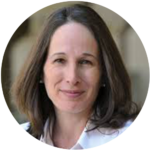
AMY ZEGART
Senior Fellow at the Freeman Spogli Institute for International Studies, Davies Family Senior Fellow at the Hoover Institution, and Professor, by courtesy, of Political Science, Stanford University